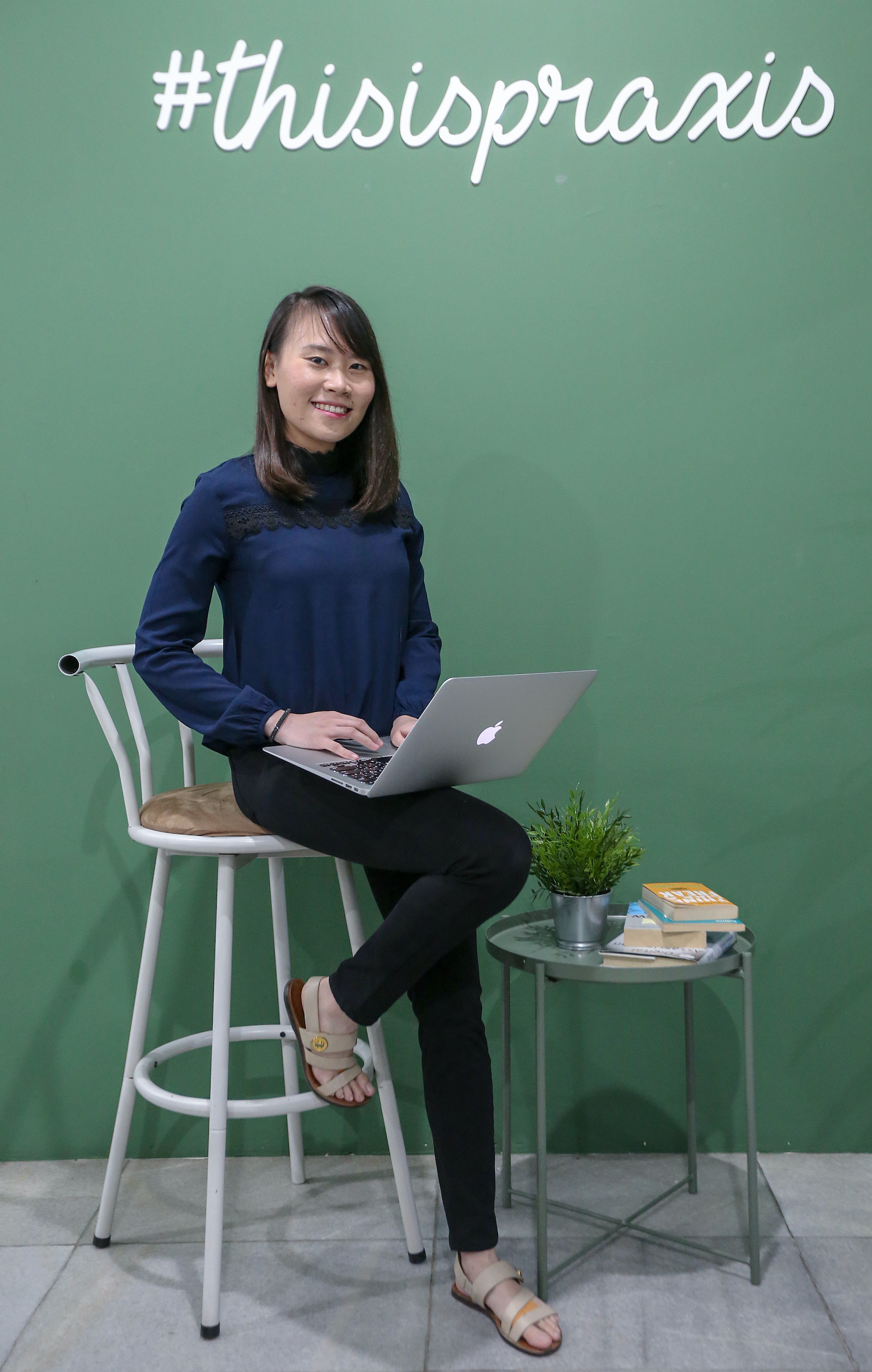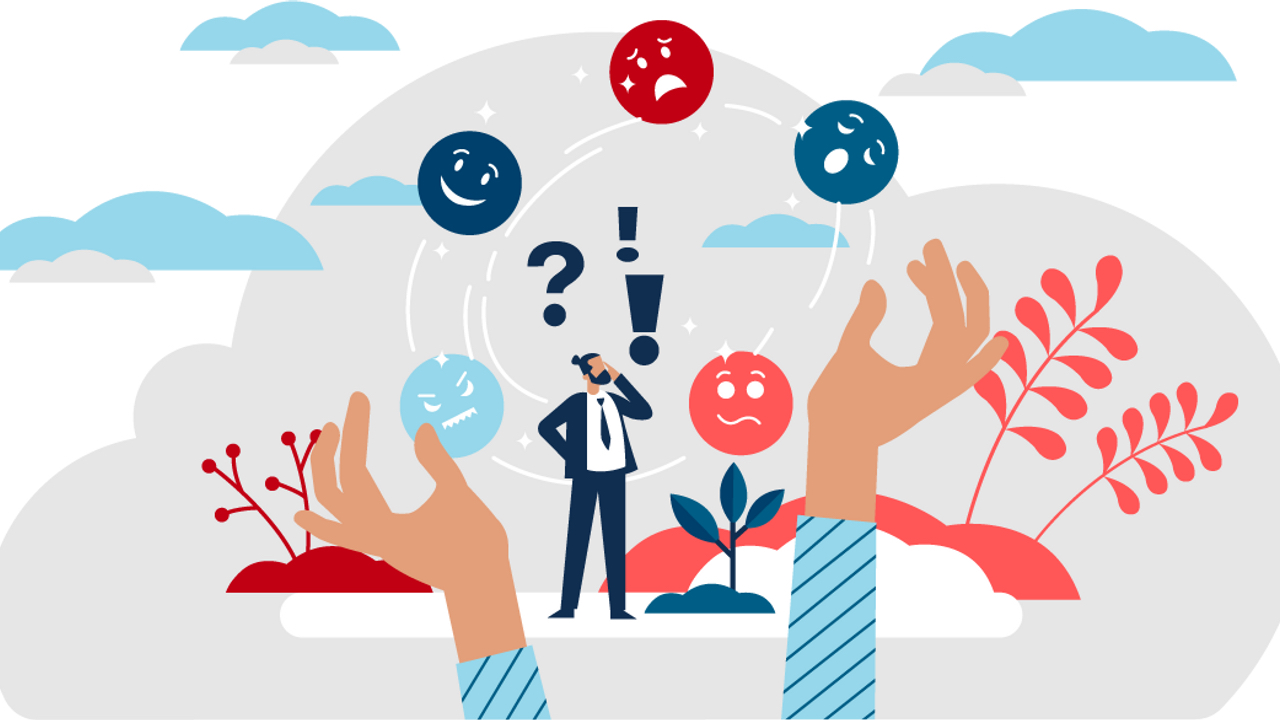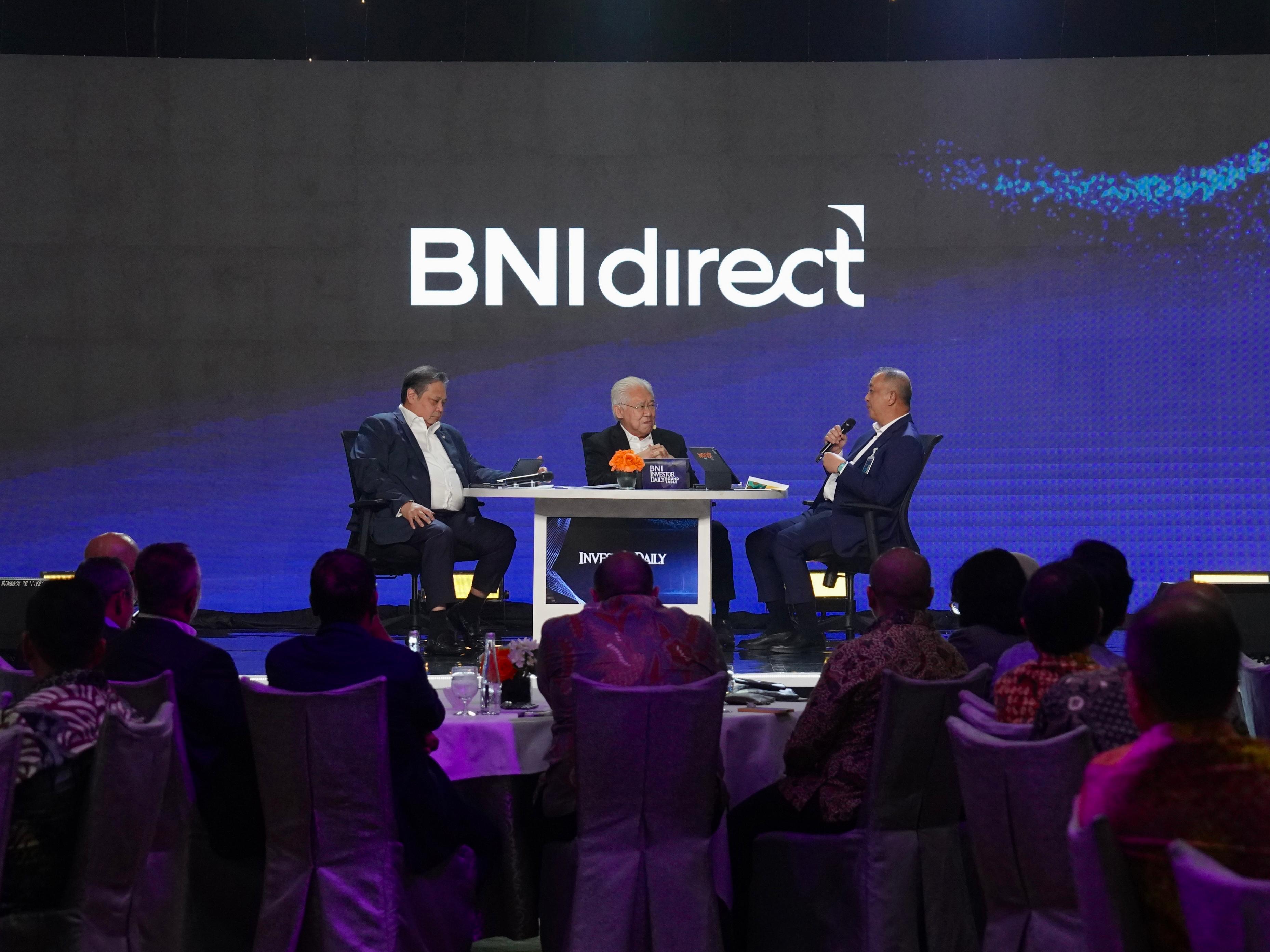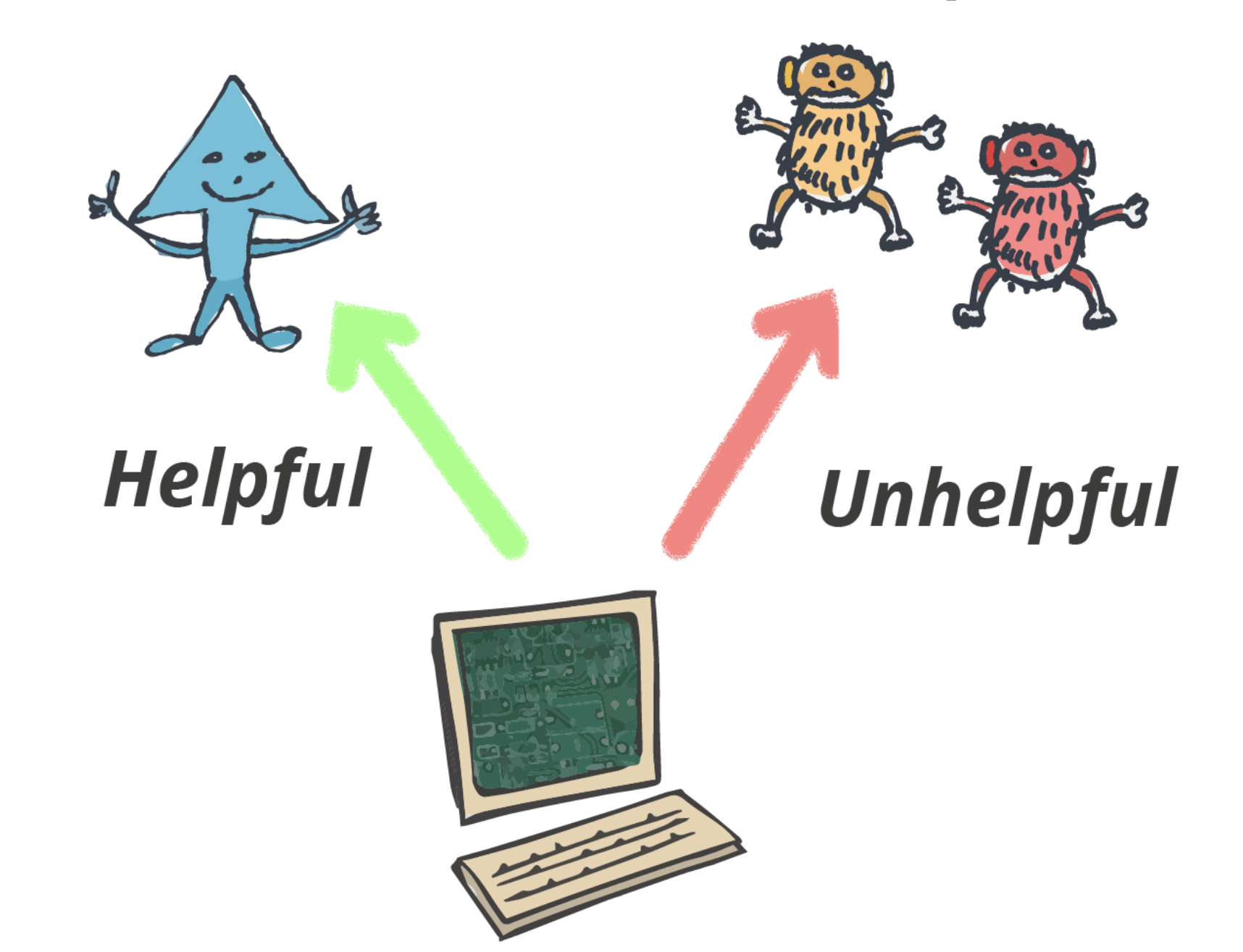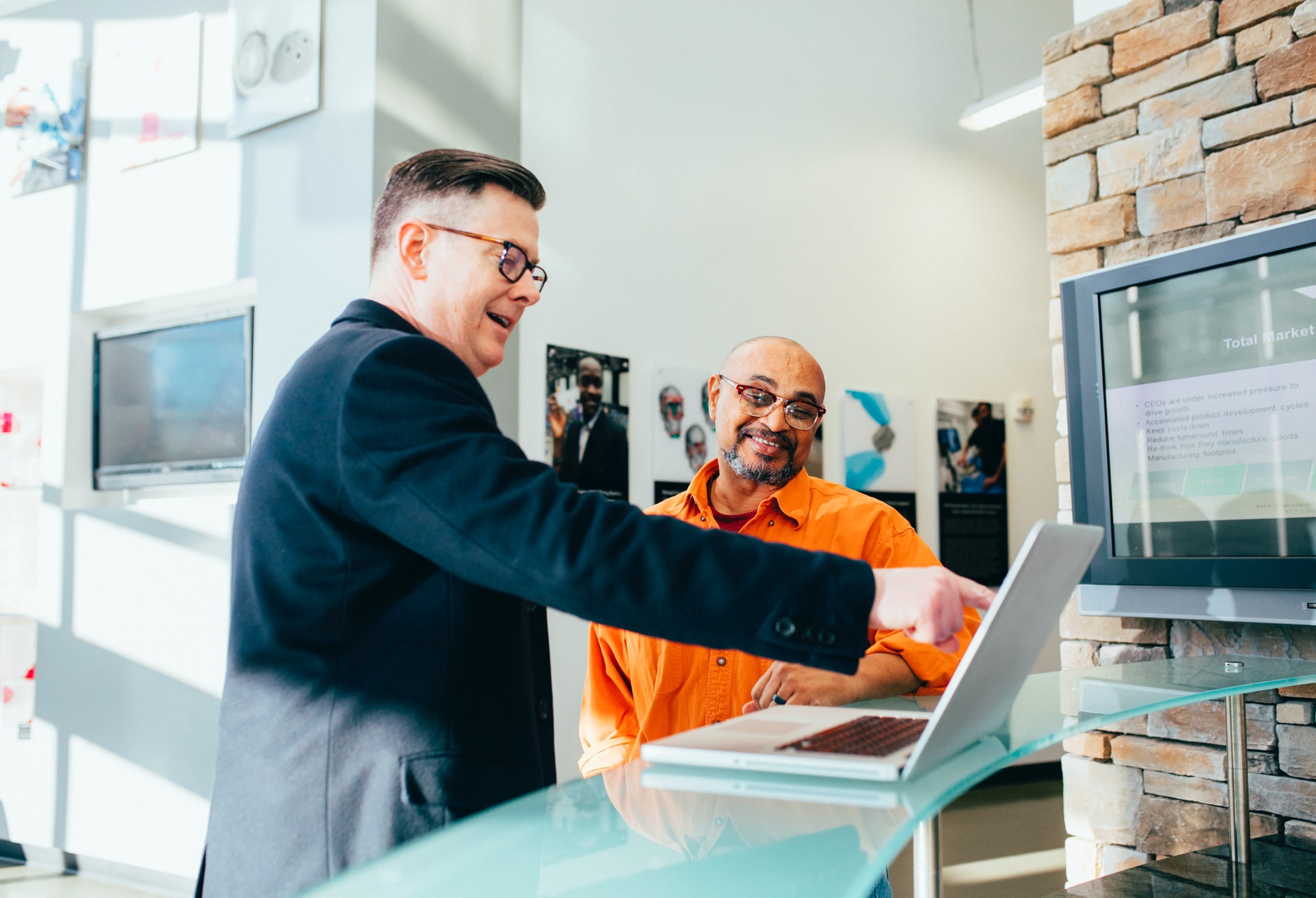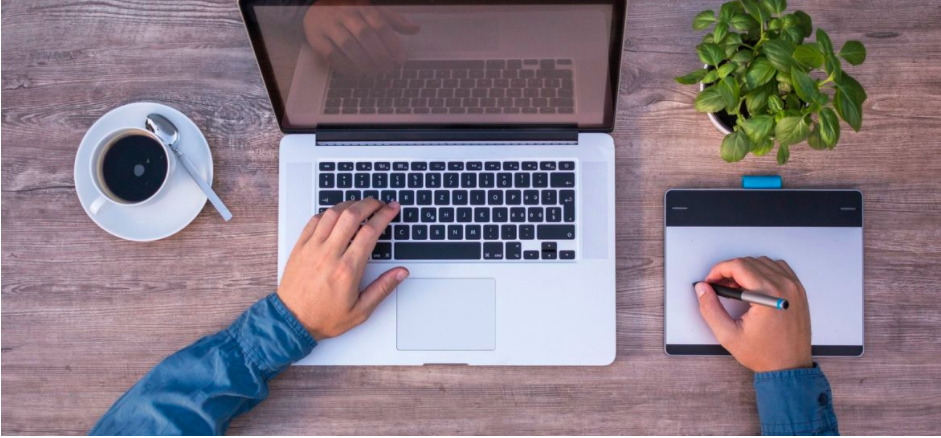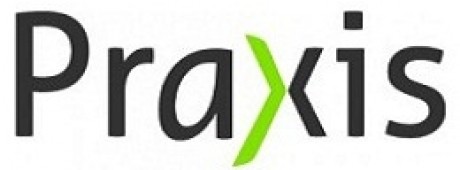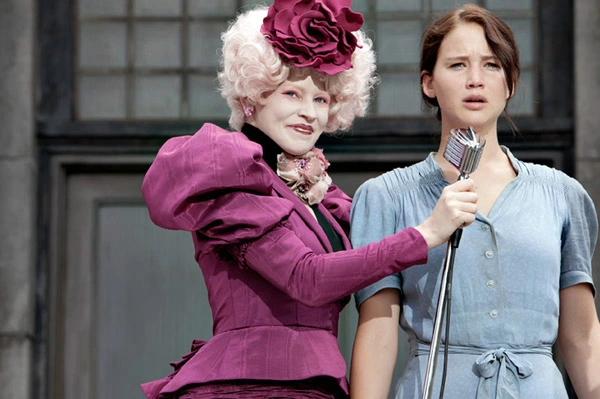Tere Liye’s Pulang was the last book I read and it took me nearly a year to finish. I used to read novels before bed but for the last year or two, I have been so exhausted at the end of a day that I only managed to get through a few pages before falling asleep. It was taking me forever to get through a book and I never really got absorbed in it.
I always felt busy and never had enough time. But, it felt like I was running around all day long and being busy doing things that have no sense of meaning. It was just unfulfilling. It felt empty.
So, I started opening up my sister’s digital bookshelf, (Ah, the perks of having an older sister who likes to read), and stumbled upon a book with a catchy title calling up to me. It was the one and only First Things First by Stephen Covey. Yes yes, you guessed it right! Covey is also the author of the highly known book entitled The 7 Habits of Highly Effective People. If you haven’t read the book, I recommend you to first check out this article.
Okay, let’s go back to the topic. My experience while reading First Things First has been surprisingly pleasant. It’s like an answer sheet to my problems. There is a lot of learning in it that I almost highlighted the whole book. I won’t explain everything here, instead, I’ll share some key takeaways that I got from the book.
The clock vs. the compass
The book takes us to a deeper nuance of how we use our time. The clock represents commitments, appointments, schedules, and activities. Meanwhile, compass represents vision, values, principles, and mission. As a young adult, you and I might be very conscious of time, that we’re so eager to achieve and accomplish things. But we forget to ask questions about why we’re doing what we’re doing.
The clock is always ticking. Time passes. We either make the most out of it or we miss it. Therefore, it’s very important to use the time wisely. However, if we want to live a life of significance, we are encouraged to align ourselves with the direction (the compass) we think we should be going.
The main thing is to keep the main thing the main thing
We all have a lot of things to do but when carefully analyzed, we find that most of them are not as important as we think they are. In the book, Covey shares practical step-by-step tools of how we organize ourselves around our priorities.
The first step is to connect with vision and mission (the most important thing in our lives as a whole). Second, identify roles. We live our lives in terms of roles, perhaps at work, in the family, in the community, or in other areas of life. Roles represent responsibilities, relationships, and areas of contribution.
Third, select the most important thing we could do in each role to have the greatest positive impact. We can make it more countable by using a weekly worksheet, thus we move on to the fourth step -- create a decision-making framework for the week.
Fifth, exercise integrity and expect the unexpected in our run. The fifth step will empower us to pause in the space between stimulus and response and act with integrity to our priority at any moment.
Last but not least, we should never forget to evaluate. The sixth step will empower us to turn our weeks into upwards spirals of learning and living.
The power and peace of principle centered living
In the last section of the book, Covey shows how lifestyle can literally change the things we do and the reasons why we do them. We’ll see how the clock and the compass combine with new maps to create a life of happiness, fulfillment, and tremendous results.
It is said the more we align our lives with the true north, we begin to develop certain characteristics common to principle-centered people. They are more flexible and spontaneous, they have richer and more rewarding relationships with people, they are continually learning, they become more contribution-focused, and they’re better able to walk their talk, and we become the change we seek in the world.
Now, take some time and think again about the main things in our lives.
I hope you got something out of this article. You can learn more about it by reading First Things First by Stephen Covey.
Would love to hear your views and opinions as well, kindly let me know in the comment section!
Ps. photo by Karolina Grabowska from Pexels


